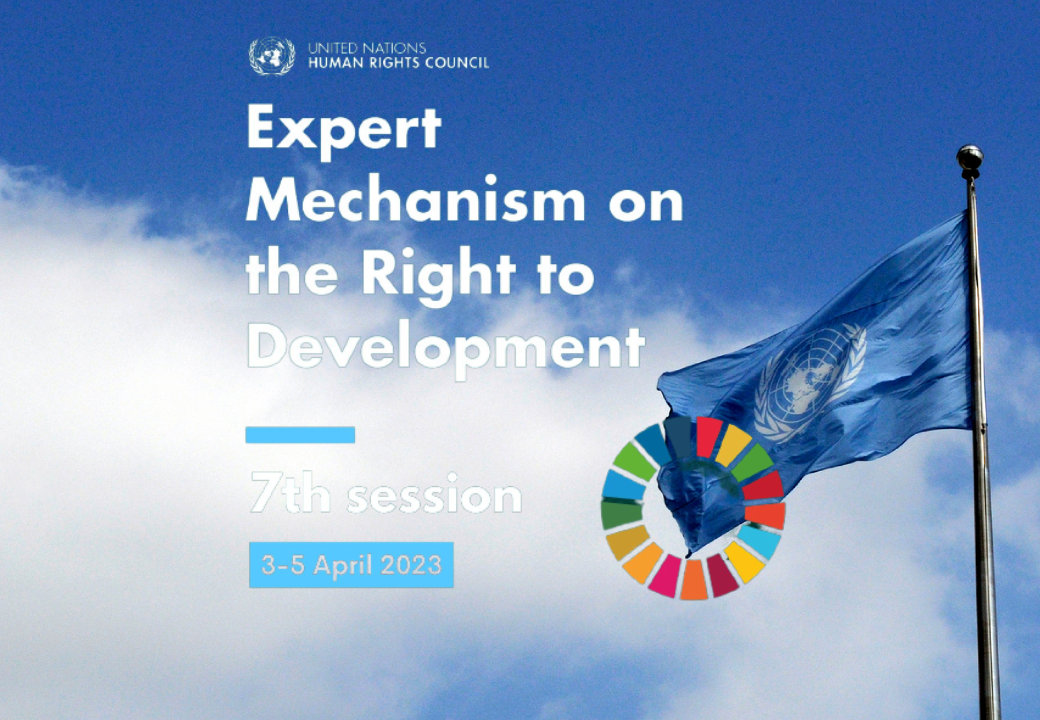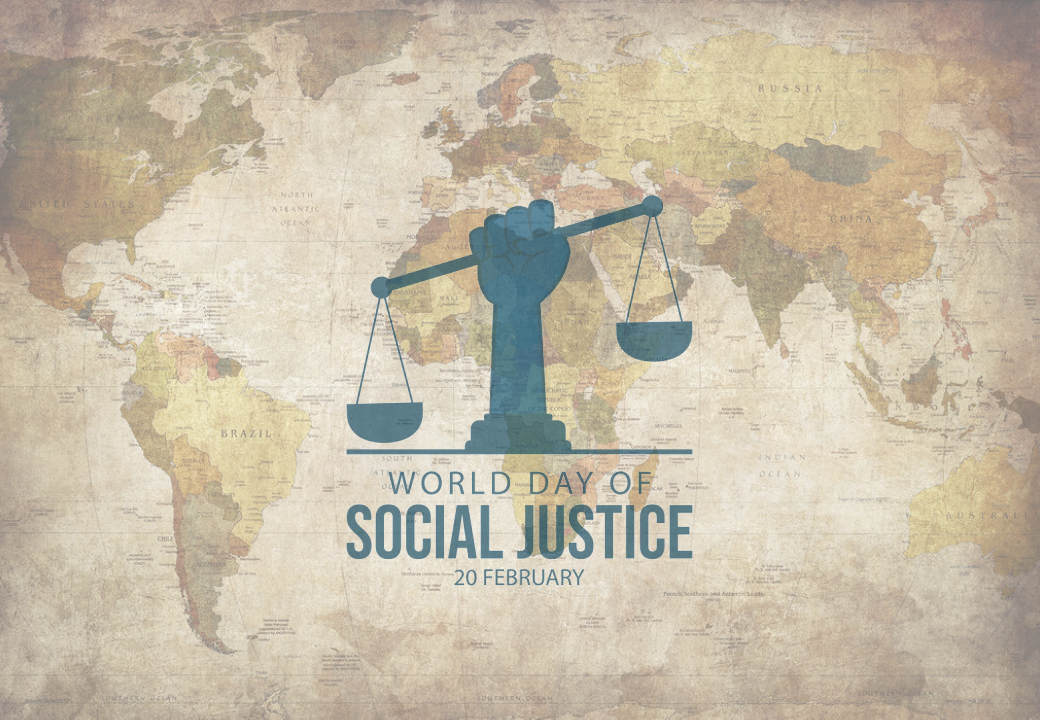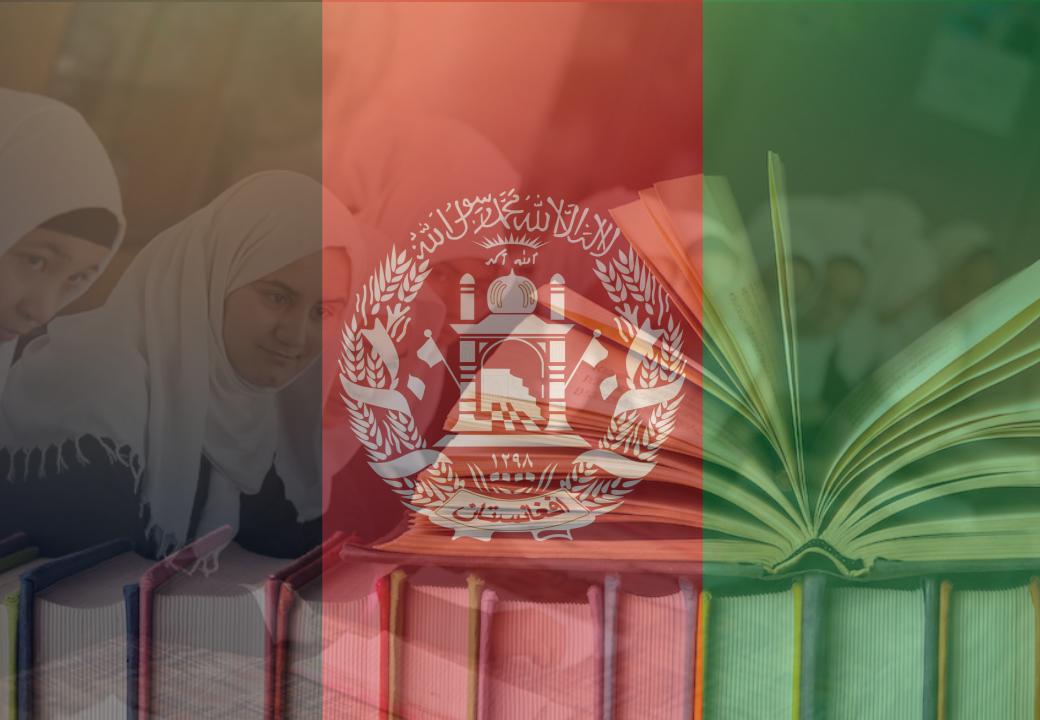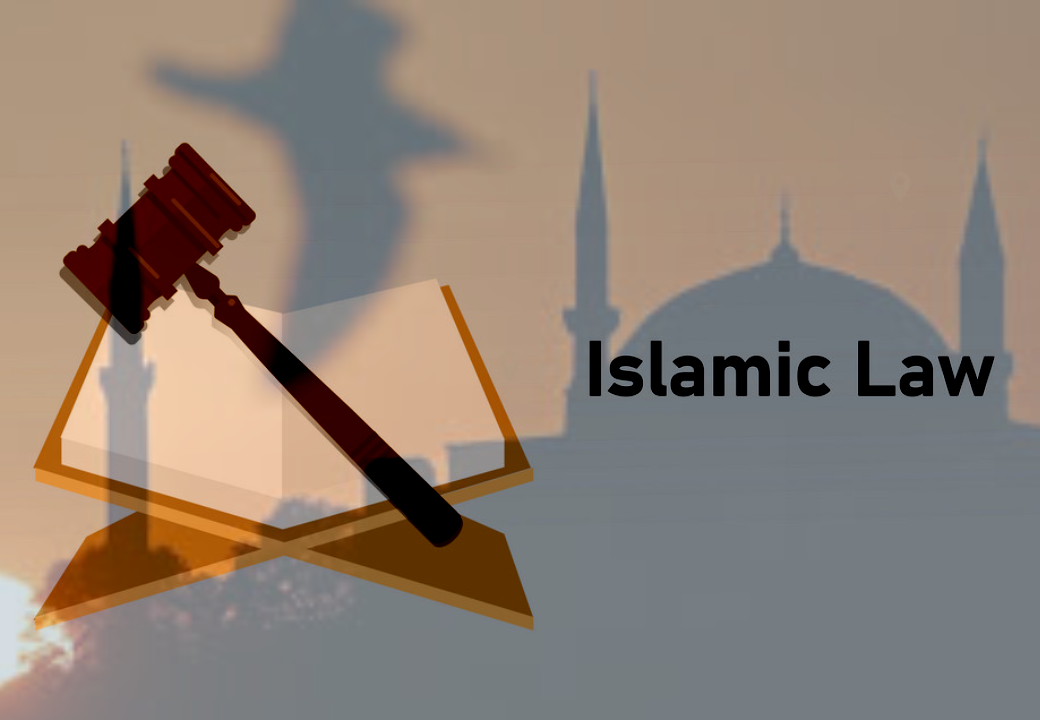Countering the Culture of Terror and Violence
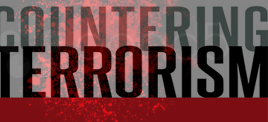
This editorial aims to discuss the importance of tackling extremism by emphasizing the true and peaceful aspects of the religion of Islam. The Shirazi Foundation has gathered research on this subject to showcase the results of a peaceful world devoid of violence and terror.
H.E Sayed Muhammad Shirazi devoted his life to research in important Islamic Laws, and through his research, he provides a road map to countering violent interpretations of the Islamic faith. H.E Shirazi, whose works are read by a wide range of intellectuals from laymen, University Students, Researchers, post Ph.D. students and senior scholars, has written antidotes that can serve as an answer in the process of deradicalization.
Here we cite a page from one of his many books on how to properly implement peace and nonviolence amongst the masses, which is the counter to violence and hatred.
“Non-violence, or peace, is an essential pillar of the political theory presented and advocated by Ayatollah Shirazi in all his books, researches, and studies.
Peace is:
• An aim and objective, on the one hand,
• And, on the other, a means and a way.
That is to say, peace is a total strategic principle. Within this framework, Shirazi puts forward the following slogans: –
• Peace always and forever
• Peace is the guarantee for the maintenance of a principle
• Peace produces the safest and best consequences
• Peace in speeches, peace in the writings, peace in action, and peace everywhere and with everyone.
Islam sees Peace as a permanent state of mind.
There are a great number of examples in the Qur’an and the Teaching of the Prophet (Sunnah). The texts call for peace as a slogan, a starting point,an aim and objective, and a course of action. Allah the Almighty states in the Qur’an:
“Do enter all in peace, and do not follow the steps of Satan”,*
We also understand that the best form of countering violence is to practice Non-violence. This is one of the laws and views from Shirazi on nonviolence that can be found in the variety of publications.
Non-violence should be the general policy for the government’s home and foreign affairs as Allah the Almighty has stated:
“O believers enter into peace entirely”**
Furthermore, Sayyid Muhammad Shirazi has been quoted in support of peace where he reiterates we should practice sound thought that results in peace which can be seen here
Sound Thought
“For it leads to peace, and saves lives, brings plenty to all, protects the honor and chastity of human beings, expands human relations, and enables the good earth to give its best.”***
Furthermore, It is a well-known fact in Islamic history that Prophet Muhammad (PBUH) has maintained and protected the rights of others even those outside of his own set of beliefs. He implemented this at the time when he was in his Prophethood.t The questions comes to mind to groups who commit terrorism against those from other faiths how do those actions align themselves with the example of a peaceful Prophet (PBUH). For example here is a prime example of tolerance for others beliefs extracted from the publications of Sayed Muhammad Shirazi.
The various sects or groups, in an Islamic country, may be divided into three categories: 1. The Islamic sects, 2. The non-Islamic religious sects (People of the Book), 3. Other sects. Regarding the Islamic sects, the government may not exert any pressure or intimidation on the followers of any of the sects Every sect may practice their personal and religious affairs according to their own jurisprudence, and refer to their own scholars and judges. The people of the book are the Jews, the Christians, and the Zoroastrians. When living in an Islamic country they are referred to as Ahl-ul-Dhimmah, where their safety and security are the responsibility of Islam. Their lives and wealth are protected and any transgression on their rights will be prosecuted according to Islamic laws. Under Islamic law these religious sects will be treated according to their own laws, on the basis of the Prophetic principle: “Enjoin on them whatever they have enjoined on themselves”.
As for the third category, (Other sects) i.e. those who believe in religions other than those mentioned above or in no religion at all, it is for the Islamic government to try to guide them to and show them the truth and invite them to Islam, just as the Prophet Muhammad (PBUH) treated the atheists and pagans of Makkah and other places. {27} ****
Resources :
* Aspects of the Political. pg. 35
The holy Qur’an: the Heifer [2]: 208.
** If Islam were to be Established pg. 60
*** Aspects of the political pg. 37
**** The Islamic system of Government pg . 14 by Sayed Muhammad Shirazi
{27} i.e. the pagans were at liberty to exercise their beliefs under the Islamic rule after Makkah’s fall. As stated in the Holly Quran “Let there be no compulsion in religion, Truth stands out clear from Error” Surah (2): Ayat 256. The author has shown that the “Enjoin” principle, above, is also applicable to the sects of the third category. See M. Shirazi, “al-Fiqh series”, vol. 22, “Jurisprudence Fundamentals”.
Gathered by:
Ibrahim Jabbar
Researcher – Shirazi Foundation


